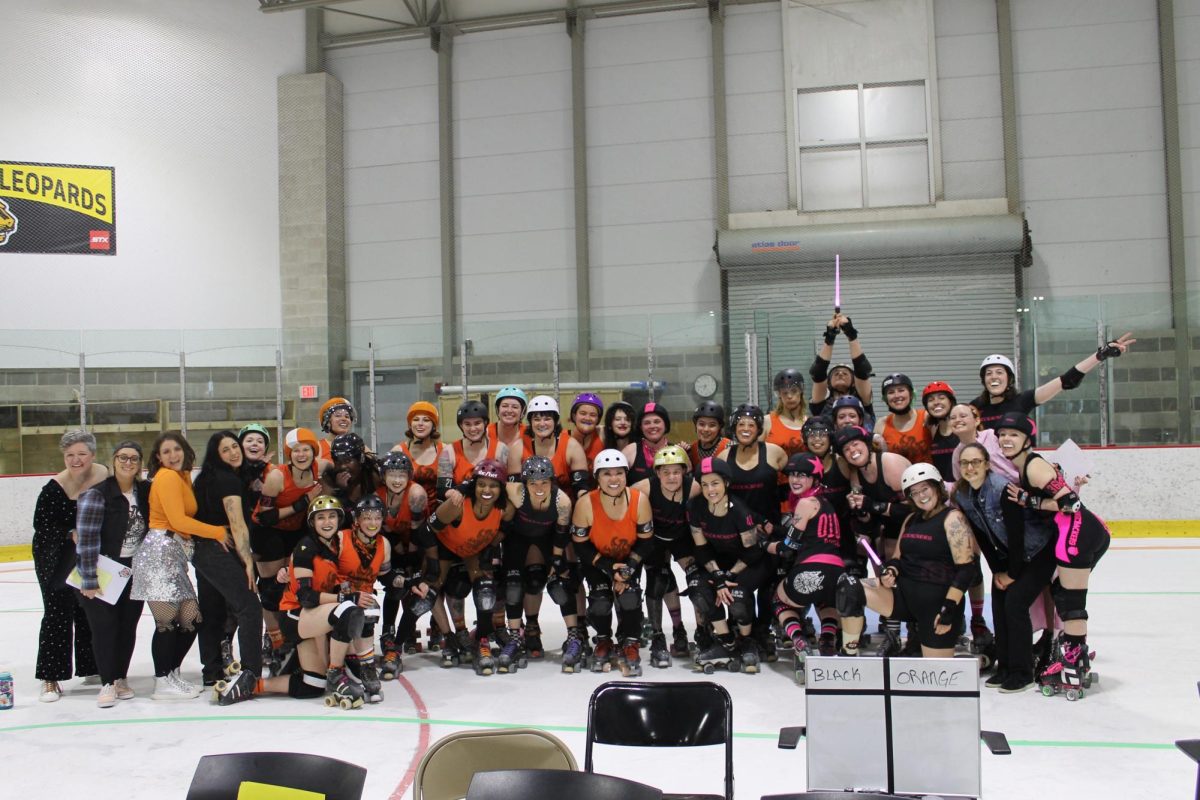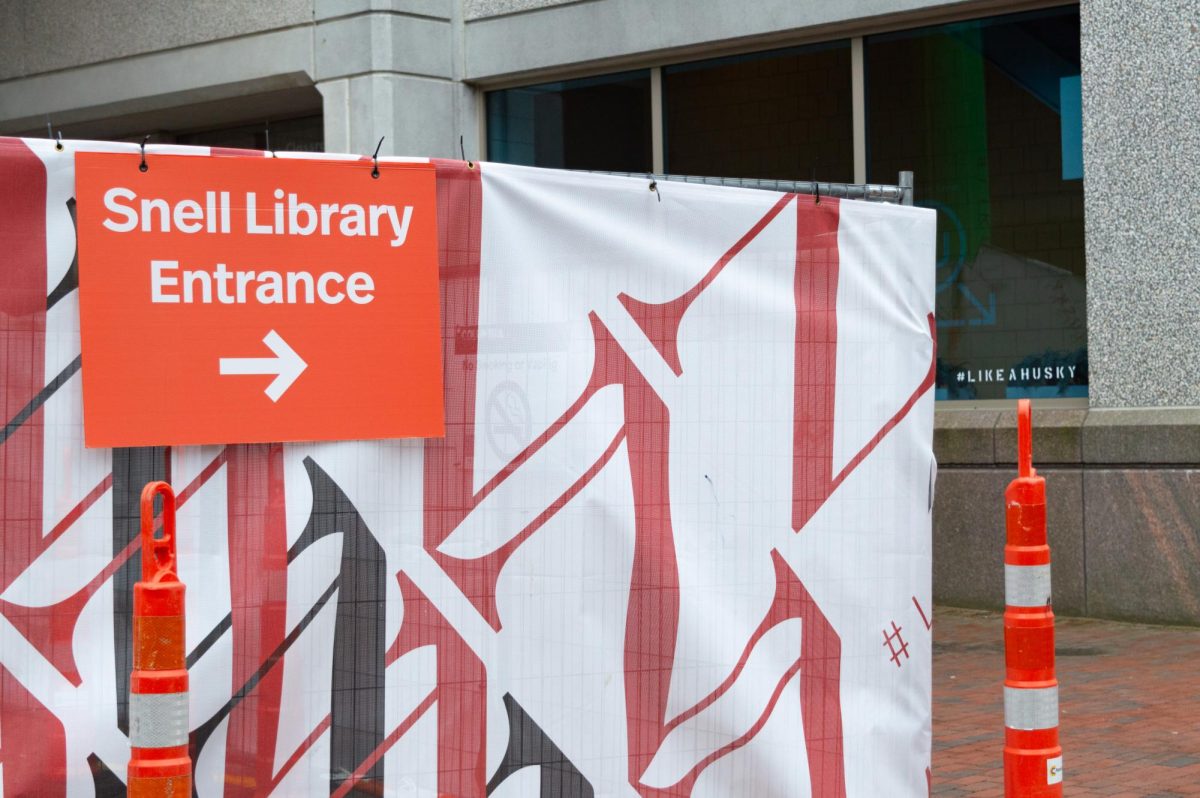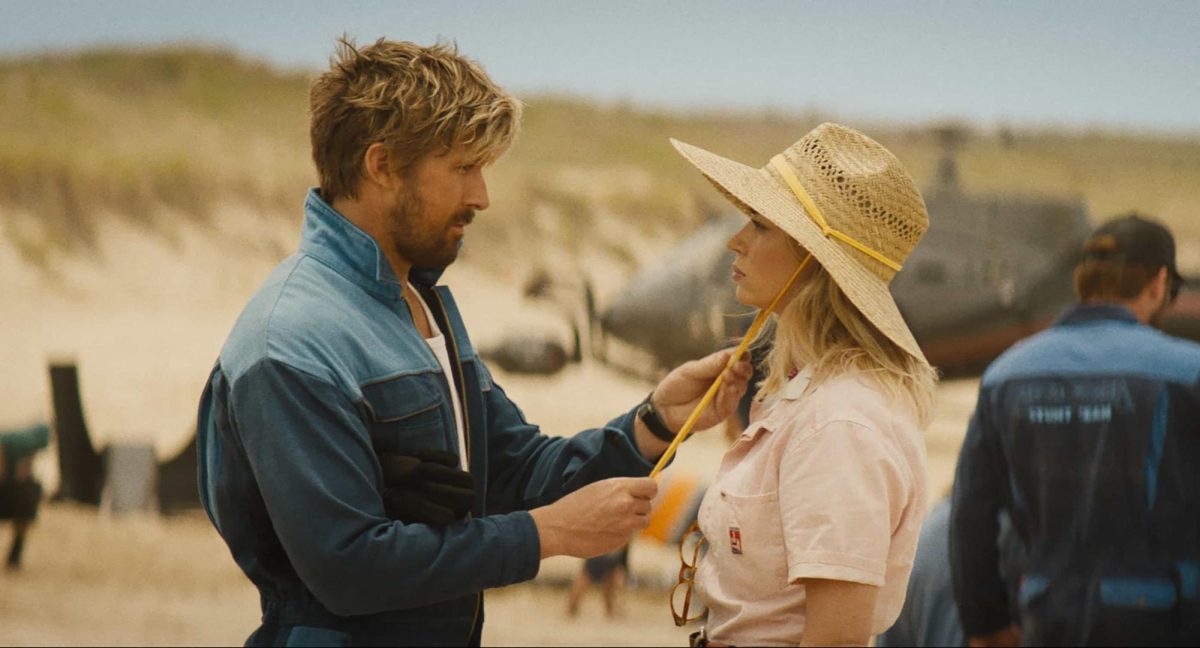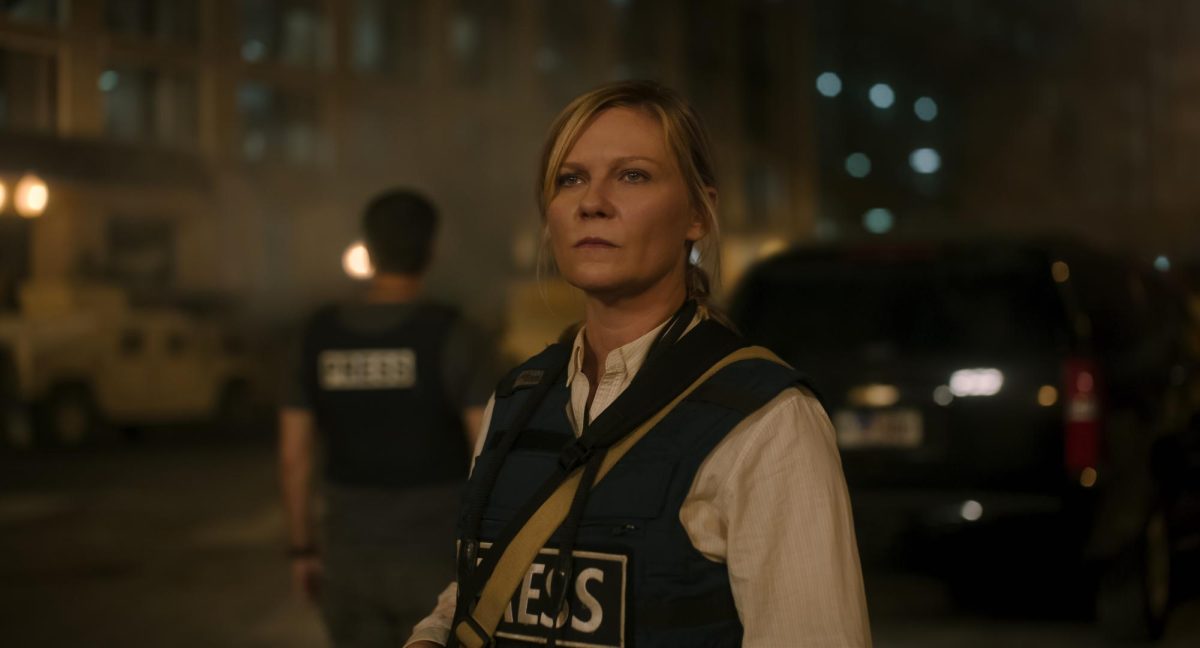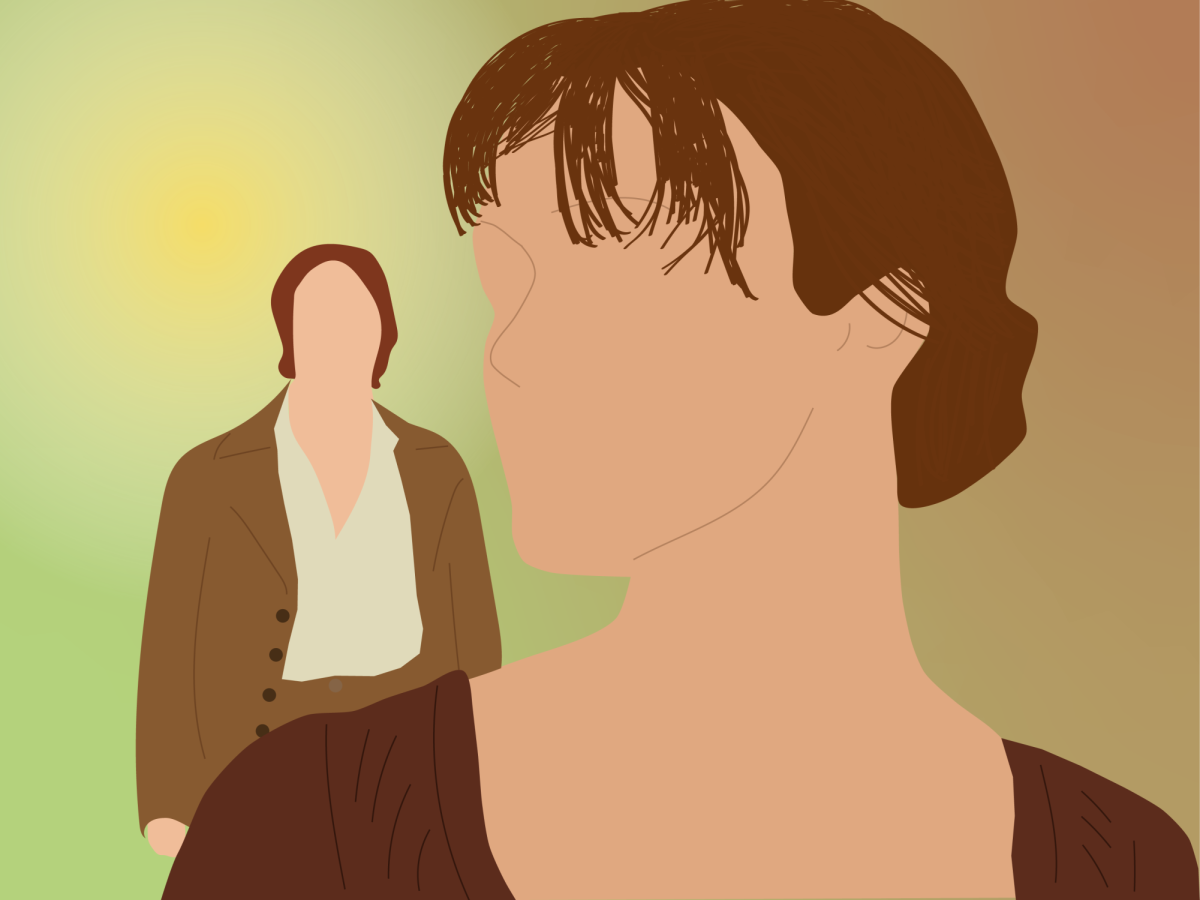
By Paul Marx, News Staff
American suburbia has always been something of a contradiction. It embodies the American Dream; it is the physical manifestation of the nation’s obsessively secular pursuit of happiness. But at the same time, it has been the subject of disdain and ridicule as a breeding ground of conformity and complacency.
For decades, the issue has been addressed through movies, music albums and books. It’s curious that Arcade Fire, the Montreal-based indie outfit led by husband-wife duo Win Butler and Regine Chassagne, chose to release an album about this well-traveled subject today. What’s more curious is that the album, The Suburbs, is heartfelt and relevant.
The Suburbs, like the two albums that preceded it, is a concept album. It begins with an eponymous first track, and a wistful piano melody helps construct an unremarkable suburb where one “learned to drive.” It’s a world devoid of purpose or hardship. And yet, Butler, the lead singer, sings of war and survival (“You told me we’d never survive … By the time the first bombs fell / We were already bored”). The falsetto chorus (“Sometimes I can’t believe it / I’m moving past the feeling”) soon addresses the real threat: Spiritual and creative annihilation in the face of excess contentment.
It’s no coincidence that two of the band’s members, Butler and his multi-instrumentalist brother, William Butler, grew up in suburban Houston. Indeed, Win Butler’s vocals — saturnine and soulful — sound incredibly personal.
In the second track, “Ready to Start,” Win Butler vows in syncopated beats that “I would rather be wrong / Than live in the shadows of your song.” Elements of punk rock, in the form of a prominent bass line and bold barre chords, are consistent with the song’s anti-establishment bravado.
By the time the album gets to “The Modern Man,” it’s clear that Butler is not just talking about suburbanites. He speaks for all of the modern generation: One imagines Godot when he sings “In my dream I was almost there / Then you pulled me aside and said you’re going nowhere / I know we’re the chosen few / But we’re wasted / And that’s why we’re still waiting.” It’s a song of wasted potential and existential confusion, and it becomes painfully apparent that the promises made in “Ready to Start” will remain unfulfilled.
“Rococo” lashes out at such shortcomings. Butler jeers, “Let’s go downtown and watch the modern kids / They will eat right out of your hand / Using big words that they don’t understand.” Three heavily accented beats, mounting in intensity and force, eventually explode into a sort of march, an anthem of despair.
Near the end, The Suburbs toys with the idea of escaping to the city in “Sprawl II (Mountains Beyond Mountains).” However, in the synth-heavy song, Chassagne protests that “They heard me singing and they told me to stop.” The album does not – or is unable to – offer a solution to the crisis it laments. If anything, it seems to believe that the struggle is positively Sisyphean, with lines like “Dead shopping malls rise like mountains beyond mountains / And there’s no end in sight.”
Suburban life poses an existential threat to artists, who feed on trials, calamities and other intense emotional experiences to nurture their art. Interestingly, this very lack of hardship has translated into a hardship in itself: The Suburbs sings of unrealized dreams and crippling apathy.
The members of Arcade Fire somehow managed to “survive” the consuming tedium of suburbia, and they intend to spread the word. They also recognize that the issue is quite intractable, with no figures like “The Man” or “The Establishment” to readily vilify. Rather than griping about enemies who don’t exist, The Suburbs gripes about no one in particular. Instead, it recognizes the modern generation for what it is: A mundane tragedy.


